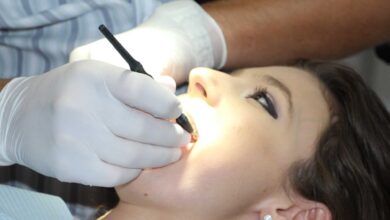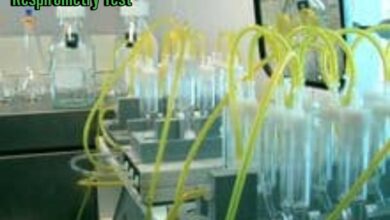Personal protective equipment, or PPE, has become a hot topic over the past few years. But PPE has always played a crucial role in keeping workers safe on the job. From construction sites to hospitals, proper PPE can mean the difference between injury and health. Here are five key reasons why PPE remains so vital across various industries.
It Prevents Workplace Accident and Injury
The most obvious benefit of PPE is preventing workplace accidents and injuries. Equipment ranging from hard hats to safety goggles provides a literal barrier between employees and workplace hazards. For example, construction workers at risk of head injury depend on hard hats to absorb impacts and deflect falling objects.
Cut-resistant gloves allow factory workers to handle machinery without lacerating their hands. The UK Health and Safety Executive reported over 600,000 workplace injuries in 2019-2020. Proper use of PPE prevents this number from being even higher.
It Reduces Long-Term Health Issues
In addition to acute injuries, inadequate PPE also raises the risk of long-term health problems. Take noise-induced hearing loss, which remains one of the most common occupational diseases. Earplugs and earmuffs protect workers against excessive noise that can gradually damage hearing over time.
Respirators keep workers from inhaling dangerous particles that could lead to lung disease or cancer. While PPE doesn’t eliminate these risks entirely, it significantly reduces exposure to protect long-term health.
It Can Improve Employee Morale
While less obvious than physical safety, PPE also plays a key role in boosting employee morale. Providing proper protective equipment demonstrates a company’s commitment to employee wellbeing. This helps foster a positive work culture where employees feel valued by leadership.
In contrast, failing to supply adequate PPE conveys the message that profit is valued over human health. This rightfully breeds resentment and mistrust among employees. Investing in quality equipment like respirators, protective clothing, safety glasses and more makes employees feel cared for.
It Ensures Regulatory Compliance
In addition to benefiting employees, providing adequate personal protective equipment is legally required. Per UK Health and Safety Executive industrial regulations, employers must perform risk assessments to identify hazards. They must then supply equipment to mitigate these risks.
Failure to comply with PPE regulations threatens fines, lawsuits and even imprisonment in cases of gross negligence. Supplying suitable PPE keeps companies on the right side of the law while creating ethical, safe workplaces.
It Can Increase Efficiency & Productivity
While often viewed as a cost, PPE can also lead to savings for businesses. Preventing injuries keeps workers healthy while minimising expensive medical claims. For example, a construction firm that consistently enforces hard hat use avoids costly head injury treatments. Fewer injuries also reduce downtime and keep seasoned employees on the job.
Some PPE can even actively boost productivity by reducing fatigue. Ergonomically designed gloves, shoes and other equipment keep workers comfortable longer. By supporting health and safety, proper PPE allows employees to maximise their efficiency and output.
The regular use of personal protective equipment continues to prevent countless unnecessary injuries in UK workplaces each year. Hard hats, safety glasses, protective clothing and more create essential barriers between employees and workplace hazards.
Preventing acute and long-term health issues, boosting morale, ensuring legal compliance and enabling productivity, PPE remains as critical as ever across sectors. Both ethical and financially prudent, investment in suitable PPE safeguards a company’s most valuable assets: its workforce.
Please explore our site for more exciting content if you like this article.





